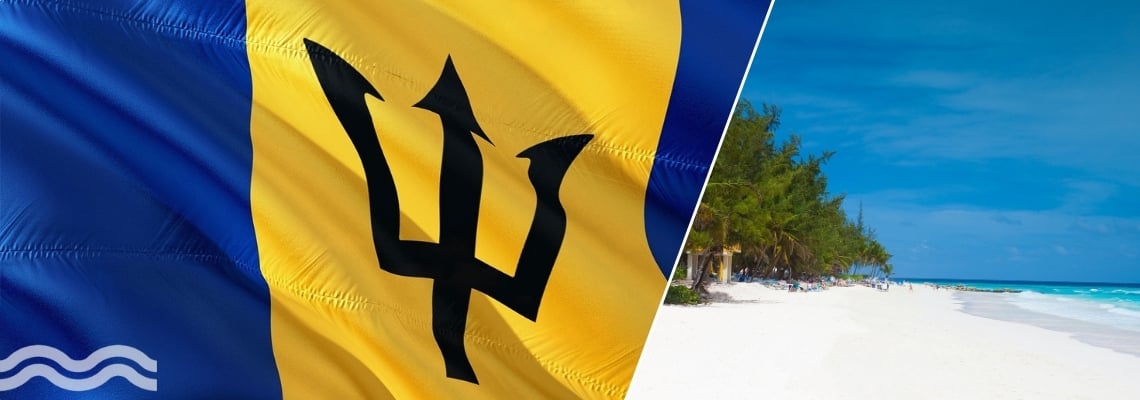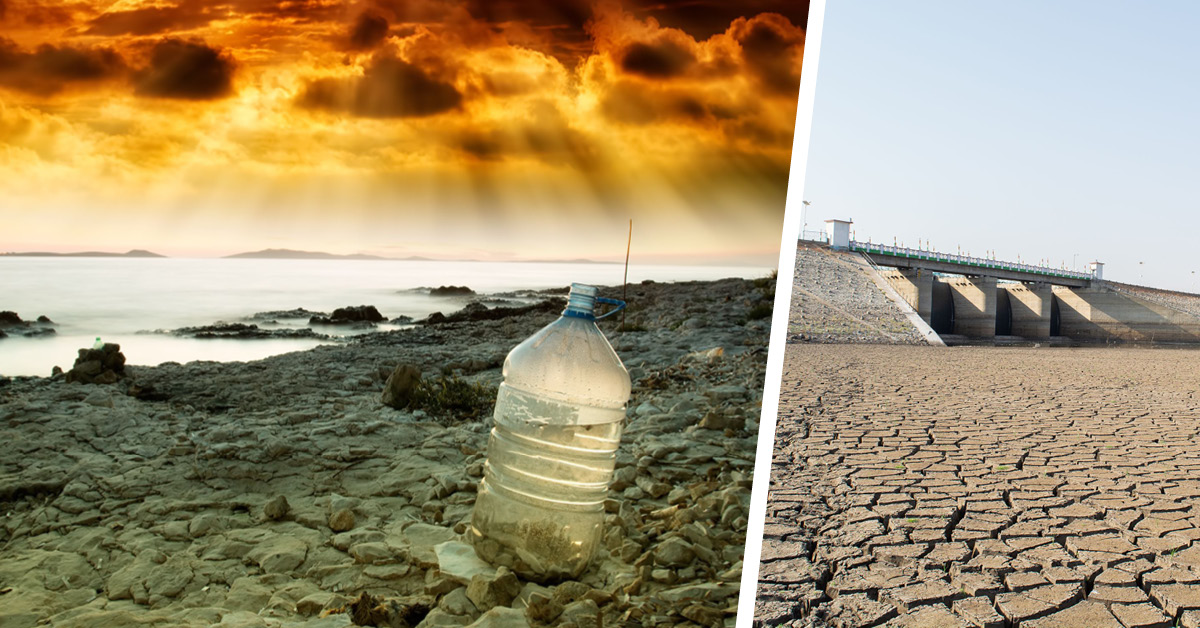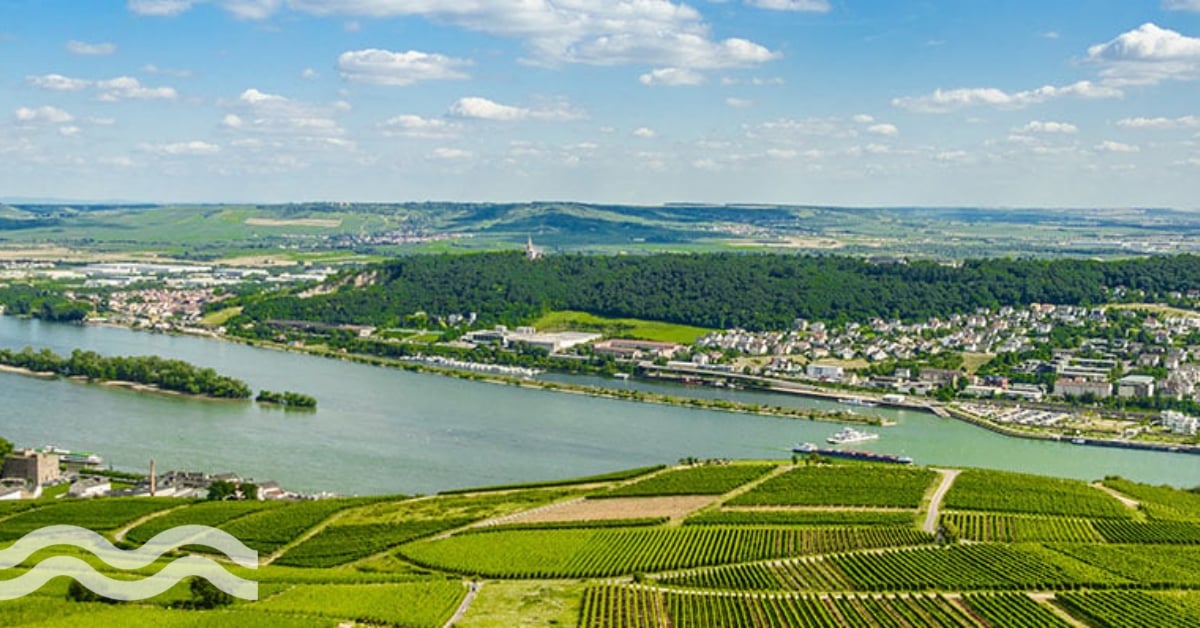Barbados funds water security with debt replacement savings
Barbados has generated funds to improve its water resilience through a unique debt replacement operation linked to climate-related targets.
Expensive debt replaced by sustainability loans
The unique debt conversion represents an innovative financing model that can be used by countries with smaller economies to help them adapt to climate challenges while avoiding the need to increase debt.
Essentially, Barbados was able to refinance some its expensive debt into more affordable financing in the form of a Sustainability Linked Loan.
The loan was brokered by CIBC Caribbean and is backed by €289.5 million in guarantees, split equally between Inter-American Development Bank (IDB) and the European Investment Bank (EIB), the latter under the European Union's Global Gateway Initiative, with support from the Green Climate Fund.
Green Climate Fund executive director, Mafalda Duarte told media: "Debt-for-climate conversions can support responses to two overlapping crises: constraining debt and the escalating climate emergency. The Green Climate Fund is a proud partner of Barbados in bringing a coalition of financiers together, all backing an innovative financial instrument aimed at helping the island nation achieve its development and climate goals."
This groundbreaking transaction serves as a model for vulnerable states
The support of the guarantees helped to secure a long-term loan in the local currency with favourable conditions, with several regional banks also investing. The conversion led to fiscal savings worth the equivalent of €120.5 million.
Prime Minister Hon. Mia Mottley, told media: "In the face of the climate crisis, this groundbreaking transaction serves as a model for vulnerable states, delivering rapid adaptation benefits for Barbados."
She added: "With upfront funding from our partners, we are building a state-of-the-art facility to boost water management, food security, and resilience - showcasing how innovation and cooperation drive environmental and fiscal gains."
Finding solutions to climate-related problems

Barbados faces many water-related challenges foremost of which is scarcity. It is on the one of the most water-scarce nations in the world, with per capita availability four times less than the global average, but per capita use greater than the available water supply.
This also impacts on the agricultural economy because farmers lack water for irrigation and for growing crops, leading to expensive food imports.
The latter issue is being addressed in new legislation that introduces strict regulations on the safe use of treated wastewater for non-drinking use, such as irrigation and aquifer recharge.
The first debt-for-climate operation focused on climate resilience
The legislation enhances the Water Reuse Act which was passed by the nation's parliament in 2023. It introduces a licensing framework with violations receiving heavy fines, guidelines for the treatment, distribution and restrictions on the use of treated wastewater.
Chief Medical Officer Dr Kenneth George told media after the legislation was passed that: "The Water Reuse Act 2023 is expected to assist in the reduction in the local demand and use of potable water for irrigation, the washing down of roads, buildings, and the replenishment of aquifers by farmers, hoteliers, and businesspeople who will be licensed to provide reused water in a safe and environmentally sustainable manner."
How will Barbados use the funding?
The funds will be used to increase water security and by extension food security also. This will be achieved through enhanced resource management. Among the first projects to benefit will be the South Coast sewage treatment plant, which will be upgraded into a modern water reclamation facility, producing water suitable for groundwater recharge and for use in agriculture, for example, for irrigation.
Other projects that will benefit from the additional funds will focus on reducing water losses and improving the sewer system on the island. This will have a knock-on benefit in reduced marine and groundwater pollution, helping to both protect the near shore ecosystems and improving public health.
What conditions are attached to the funding?
The debt-for-climate conversion is structured as a Sovereign Sustainability-Linked Loan (SSLL), which the stakeholders claim is the first SSLL tied to a sovereign water security project.
The loan is conditional on Barbados meeting certain targets related to the volume and quality of reclaimed water generated by the upgraded South Coast plant. If these targets are not met, the government will incur a financial penalty, which will be paid into a trust for environmental investments, the Barbados Environmental Sustainability Fund.
IDB president Ilan Goldfajn told media: "This is an important milestone in several dimensions. It is the first debt-for-climate operation focused on climate resilience, paired with a groundbreaking financial innovation with unprecedent partnerships."
We promise never to send you spam and you can unsubscribe at any time!



